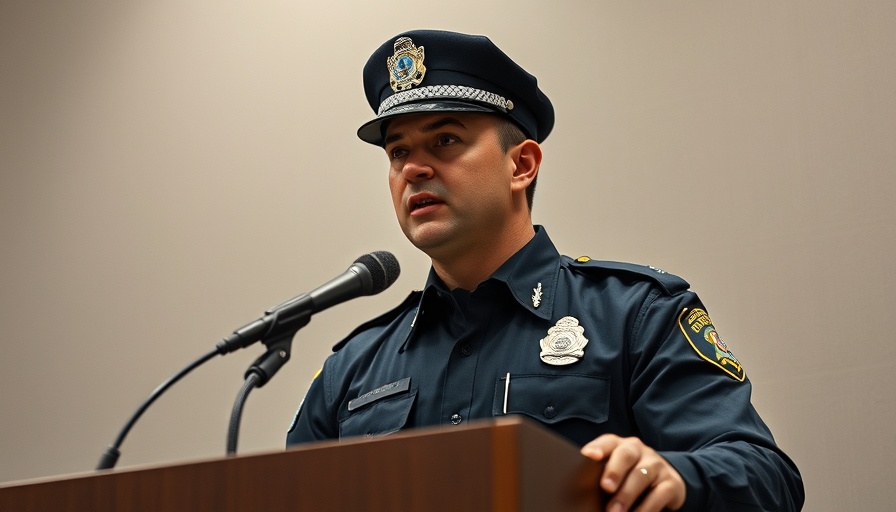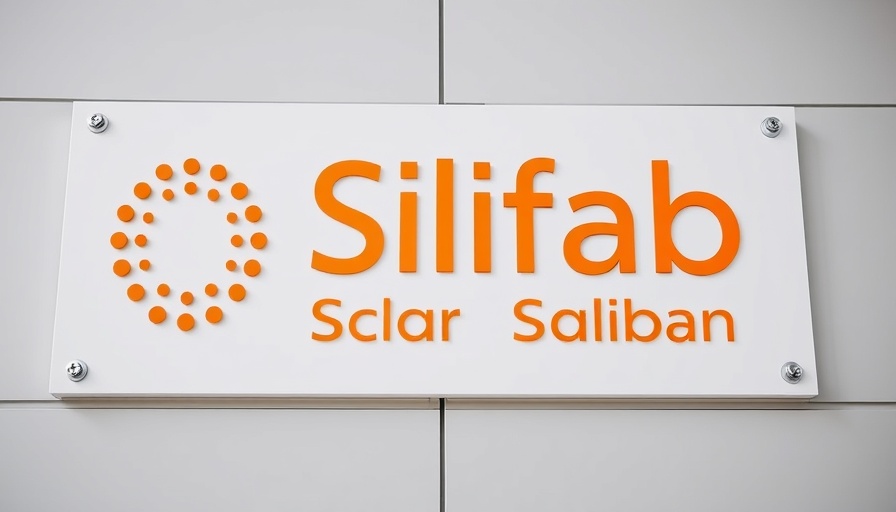
348,000 Gallons of Raw Sewage Spill: What Happened?
A significant environmental incident unfolded recently near Charlotte's NorthLake Mall, as a major wastewater pipe burst, releasing an estimated 348,333 gallons of untreated sewage into Dixon Branch creek. The breach was attributed to erosion along the creek bank, which led to the collapse of the aging infrastructure into the waterway.
The Immediate Response to the Spill
Charlotte Water has confirmed that they are actively managing the crisis. Crews are currently working to replace the damaged pipeline and stabilize the creek bank to prevent further spills. While officials have not provided a timeline for the repairs, teams are focused on remediating the situation as swiftly as possible. This scenario raises alarm among residents about potential long-term environmental impacts.
The Environmental Risks Involved
The discharge of raw sewage into natural waterways poses significant dangers to both ecosystem health and public safety. Contaminants within untreated wastewater can lead to toxic algae blooms, which have been an emerging risk in different parts of North Carolina, especially surrounding Lake Norman. This incident not only highlights the fragility of our infrastructure but also brings to the forefront the potential for health and environmental crises that can affect communities.
Historical Context: Charlotte's Aging Infrastructure
Charlotte's infrastructure, much like many urban areas, reflects a history of growth and development that often outpaces maintenance. Recent reports estimate Charlotte's population growth to be over a million, leading to increased pressure on utility services. This exponential growth rate raises questions about the city’s ability to manage its aging systems effectively and highlights the need for investment in infrastructure to prevent future incidents.
Engagement and Community Impact
Residents in Charlotte have begun to express their concerns about this catastrophe. Many worry about the immediate health impacts, particularly as summer approaches and more people engage with local waterways for recreational activities. Engaging local communities around environmental issues and raising awareness through events can be crucial in ensuring public safety and health.
Looking Towards Solutions
This spill underscores an urgent need for strategic investments in infrastructure upgrades and proper maintenance schedules. The city must expedite discussions about funding major renovations, which could include innovative solutions like green infrastructure to manage stormwater runoff effectively. Engaging local stakeholders in these conversations is vital, as community insights can lead to more effective strategies that address both current and future challenges.
Actionable Insights for Residents
For Charlotte residents, being informed is the first step toward proactive community engagement. Staying updated with local news, participating in community meetings, and advocating for systemic changes can make a difference. Residents can also support local environmental organizations that aim to protect water quality and improve infrastructure management.
As the situation unfolds, it becomes increasingly important for residents to remain vigilant. Keeping a close eye on water quality reports and advocating for responsible environmental practices can be beneficial. This incident serves as a wake-up call to ensure that all residents are informed and involved in the conversations surrounding our city's natural resources.
 Add Row
Add Row  Add
Add 




Write A Comment